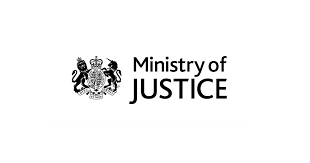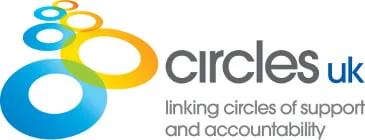CSW trustee publishes book on sexual harm

This book arose out of the anxiety I witnessed from social work colleagues in making decisions in cases involving families who have experienced alleged or proven sexual harm.
Diane Wills, trustee of Circles South West, talks to us about what made her write her latest book on working with sex offenders. Published this month we asked her to fill us in on what the book addresses and why she, along with co-author Andrew Wills, decided it needed to be written.
Being worried is understandable given the responsibility that local authorities have in keeping people safe. Organisations tend to embed processes aligned with fear-based defensive decision-making and this understandably resonates with the professionals assigned to working in complex situations. Highly skilled professionals can feel deskilled, scared, shocked and anxious about doing the ‘wrong thing’.
Added to this is the sheer volume of information about perpetrators of sexual harm. Professionals tend not to have time to sift through and find the bit, which tells them what to do with the person in front of them. Research also never gives us the full picture; it is a snapshot of how things are for some people for some of the time. In my experience, this can lead professionals to rely on standard unhelpful tropes about ‘sex offenders’.
This book is for social workers, students, trainee probation officers, allied professionals and anyone else who might have an interest. It provides a general overview and asks as many questions as it answers but it is this uncertainty that we have to live with when we work with people with complex and traumatic histories.
I have the privilege of working across disciplines; originally a Probation Officer, also a Registered Social Worker and now located mainly in a forensic psychology setting, I tend to have a broad perspective on the needs and priorities of different agencies involved in this kind of work. Even since writing the book, I have been professionally and personally evolving, now training at the Tavistock Clinic as a psychotherapist, which has further enhanced my understanding of the unconscious processes, which drive our behaviour.
I firmly believe that we need to have an understanding of the findings from academic research and this should be our starting point. To build on that, I encourage professionals to work hard to understand the individual they are working with or assessing. I sometimes provide agency risk assessments and feel despondent that the expectation is that I will be able to provide something authentic and accurate after spending two hours in a room with someone.
Only when we take time to work collaboratively with an individual can we really gain a true understanding of who they are, what risks they present and what support they require to live safely in the community. This can be truly transformational work if we approach it with curiosity and optimism.
‘A Practical Guide to Working with Sex Offenders’ by Diane Wills and Andrew Wills was published on 21st October 2020. You can purchase it at all major bookstores including Waterstones:

















